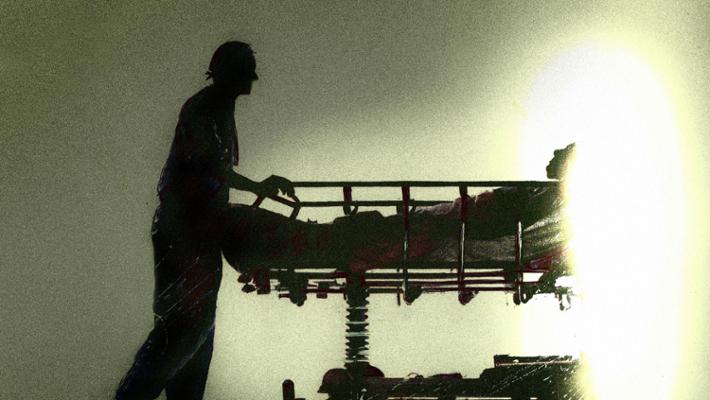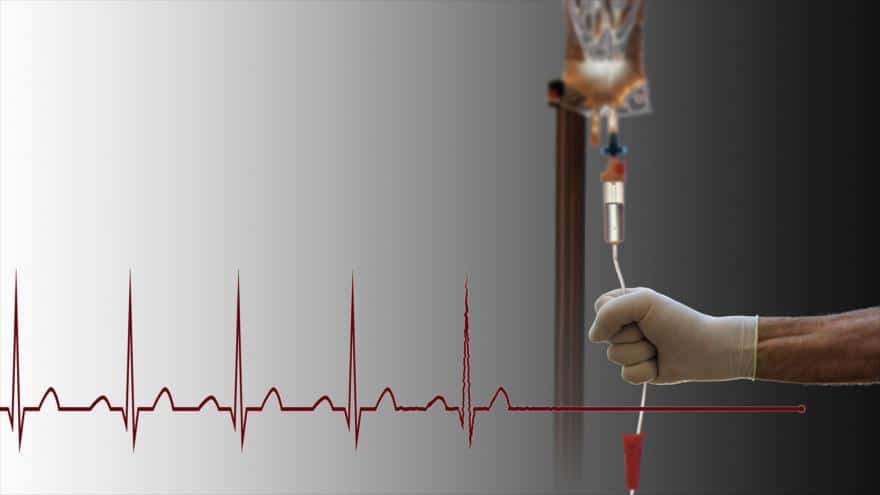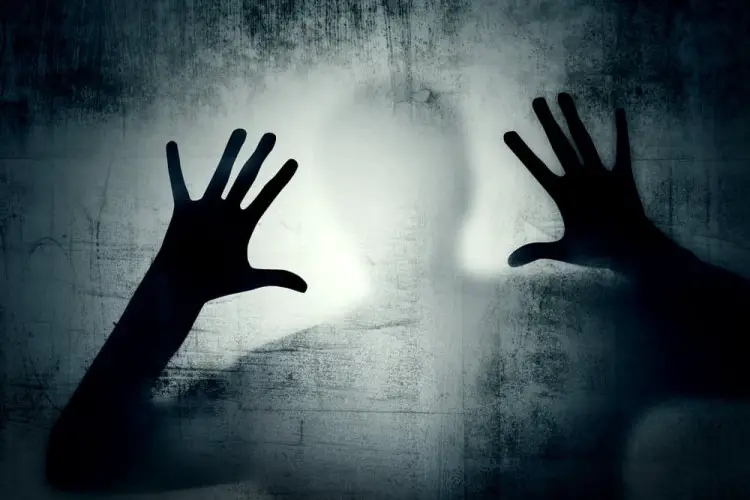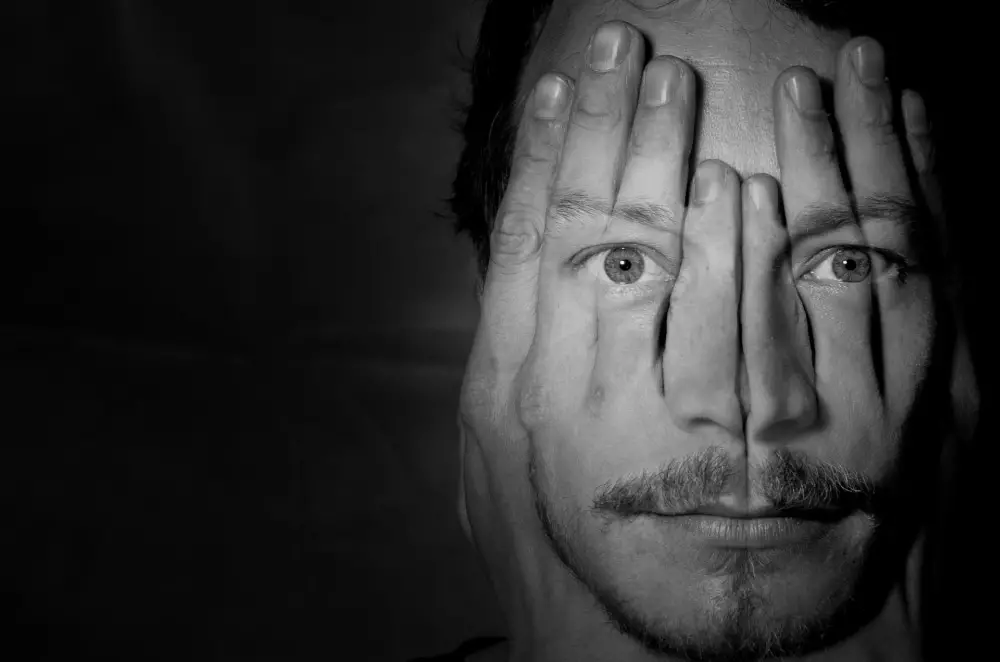He aroused strong controversy the case of the physically healthy Dutch woman who decided to undergo a euthanasia due to his crippling depression. The Dutch authorities have given the final approval to the death of Zoraya Ter Beek, 29 years old, through assisted suicide on the basis of unbearable mental suffering.
Zoraya ter Beek’s choice of euthanasia
Ter Beek asked Euthanasia application for the first time in 2020, following battles with depression and suicidal thoughts caused by difficulties in his early childhood.
The young woman suffers from chronic depression, anxiety, trauma, borderline personality disorder and has been diagnosed with autism. Ter Beek believed that the safe environment offered by her partner would help her to heal mentally, but it was not so and she, according to what she reported, she continued to have suicide thoughts and episodes of self -harm.
He replied to the harsh criticism received by saying that he wanted to die only because of his mental diseases: “People think that when you are sick of mind, you cannot think clearly, which is offensive,” said Ter Beek: “I understand the fears that Some disabled people have regarding euthanasia and concerns for people who are under pressure to die, but in the Netherlands we have had this law for more than 20 years. There are very rigid rules and it is really safe. “
Ter Beek reflected on his decision during a long trial, which takes several years to be completed: “In the three and a half years that it took, I have never hesitated on my decision. I felt guilty: I have a partner, a family, friends and I’m not blind in front of their pain. And I was afraid. But I’m absolutely determined to go all the way, “he said.

In order for a person to be considered suitable for assisted suicide, it must be considered “unbearable suffering without any perspective of improvement”, according to the Dutch law.
The patient must also be completely informed and competent for the start of the final process: “It is a long and complicated process. It’s not that you ask for assisted death on Monday and you died by Friday “.
“I have been on the waiting list for an evaluation for a long time, because there are so few doctors willing to be involved in assisted death for people with mental suffering,” he added.
A patient who requires euthanasia must be evaluated by a team of doctors, have a second opinion on admissibility, therefore the entire case must be examined by a third independent doctor.
“Each doctor at every stage says: ‘Are you sure? You can stop at any time. ‘ My partner was in the room for most of the conversations to support me, but several times he was asked to leave so that the doctors could be sure that I spoke freely “.
Ter Beek was forced to delete all his profiles on social media after an article was published in his case in April 2024, which led many users to bomb his mailbox saying that he does not complete the procedure, what who left her in difficulty.
“People said: ‘Don’t do it, your life is precious.’ I know others said they had a cure, like a special diet or drugs. Some told me to find Jesus or Allah, or they told me I would be burnt in hell. It was a total storm. I couldn’t handle all the negativity.”

Ter Beek plans to die in the coming weeks, following a meeting with his medical team: “I feel relieved. It was such a long struggle “a.
The day of his death, his medical team will visit her at his house and the process will begin by administering a sedative and once in a coma, the drugs that stop her heart will be administered to Ter Beek.
“For me it will be like falling asleep. My partner will be there, but I told him it’s okay if he needs to leave the room before the moment of death. Now the point has arrived, we are ready and we are finding a certain tranquility. I feel guilty too. But sometimes, when you love someone, you have to let them go,” she concluded.
Euthanasia as the end of suffering for psychiatric diseases
In the last 30 years, medical assistance to the dying (Maid), including euthanasia (EU) and medically assisted death (or suicide, Pas), has become at the center of a large debate, in particular when these practices involved People with psychiatric diseases, including resistant depression, schizophrenia, personality or other serious psychiatric disorders.
It was a revision using several databases and including the most relevant studies in articles of complete magazines that investigated the Maid problem in patients with psychiatric disorders but not in terminal physical conditions (not terminals, maid -nts).
The concept of “unbearable suffering” is central to the legislation that regulates whether euthanasia requests can be accepted, but remains not sufficiently understood, especially in relation to psychiatric patients.
Five areas of suffering have been identified: medical, intrapersonal, interpersonal, social and existential. It has been confirmed that despair is an important factor. The long process of request for euthanasia has been the cause of suffering and contributed to the despair experienced, while the meeting with doctors who have taken seriously the requests could offer new perspectives on the treatment.

The development of measurement tools to evaluate the nature and extent of the suffering experienced by psychiatric patients could help both patients and doctors to browse better in the complicated and delicate process of assessing euthanasia requests in a human and competent way.
Some related to suffering (such as low income) indicate the need for a large medical, social and political debate on how to reduce the weight of the difficulties and financial and socio -economic inequalities in order to reduce the desire for euthanasia of patients. Euthanasia should never be seen (or used) as a means of solving society’s failures.
Euthanasia and medical assistance to death involve discouraged ethical and moral challenges, as well as a series of medical and clinical issues, which are further complicated in patients’ cases whose decision -making skills have been negatively influenced or even compromised by psychiatric disorders.
The authors focus carefully on clinical depression and relevant European laws which over the years have established rigorous standards in such a complex field. As regards the scope of mental health, patients are required to undergo an assessment of mental skills to request help to die.
The way in which psychiatrists treat and interact with patients with decision -making skills who have decided to end their lives, due to suffering they consider unbearable, can be influenced by subjective elements such as ethical and cultural prejudices by the doctors involved.
In addition, critics of medical assistance to the dying claim that acceptance of these practices could gradually lead to acceptance or practice of involuntary euthanasia for those who are considered nothing but a weight for society, a currently unacceptable concept for the vast majority of observers.

Ultimately, the authors conclude, the key role of the doctors should be to provide alternatives to those who feel so desperate to require assistance to die, through palliative and social and health policies effective for the weakest patients: alone, depressed or sick people.
With the affirmation of the concept based on self -determination, medically assisted suicide ended up prevailing on euthanasia. Even if the two practices may seem quite similar to each other, there are fundamental differences: medically assisted suicide, in fact, puts the individual in the center, much more than euthanasia: the patient’s decision to die and the self -determination element are in game.
Not sufficient fact (both elements also occur in cases of “consensual euthanasia”, when the request is not made by others on behalf of incapable patients), since patients are required to self -administer the lethal drugs that are prescribed to him by the doctor at the end of the process.
In terms of comparative law, European countries have opted for sets of disparate rules to regulate such a controversial and absolutely delicate question. Italian legislation does not allow any medical procedure to be aimed at causing the death of a patient.
Euthanasia is therefore a crime in Italy, punishable as “consensual murder” (art. 579 cp) or first degree murder (art. 575), whose accusations can be partially attenuated in case of proven reasons of “high moral value ”. , like pity and compassion for the unbearable suffering of the patient. Assisted suicide is also prohibited by the Italian penal code, being punishable with imprisonment for 5 to twelve years, provided that suicide has occurred.

Article 580 of the Italian Criminal Code does not distinguish between advanced suicide requests on the basis of psychiatric or somatic diseases, terminals or not.
The Italian Constitutional Court, in the sentence issued on September 25, 2019 at the end of the trial Marco Cappato, who saw the accused attributed to having given assistance to the point of death to an incurable patient, Fabiano Antoniani, said Cappato not guilty pursuant to the ‘article 580. provisions.
According to the logic of the Court, in fact, those who provide assistance to die is not punishable under certain conditions: if the suicidal intention is developed independently and freely by mentally capable patients, maintained artificially and affected by an incurable disease that causes physical injuries or Psychological suffering that the patients themselves consider unbearable.
#Euthanasia #assisted #death #psychiatric #diseases #triggers #ferocious #debate